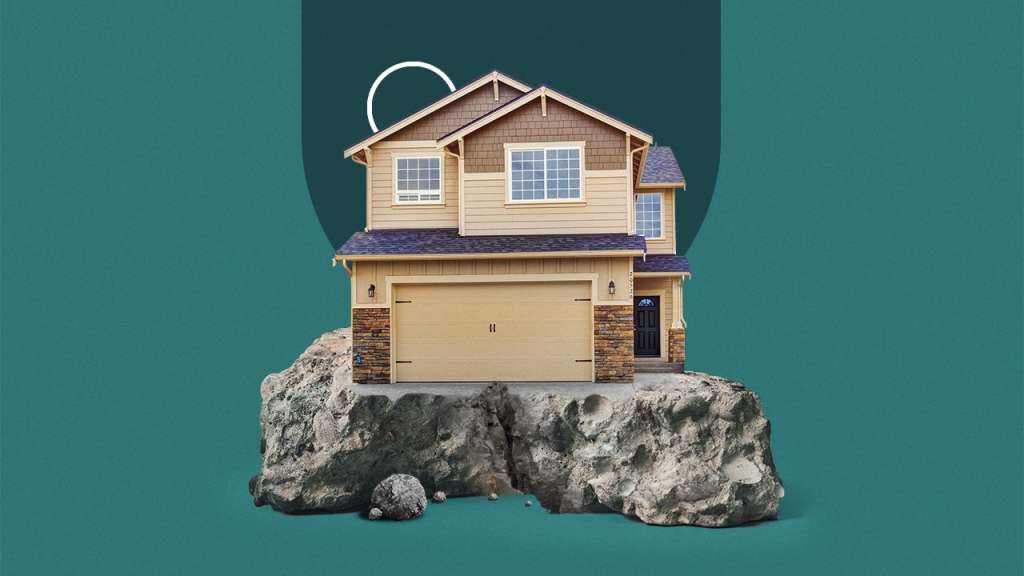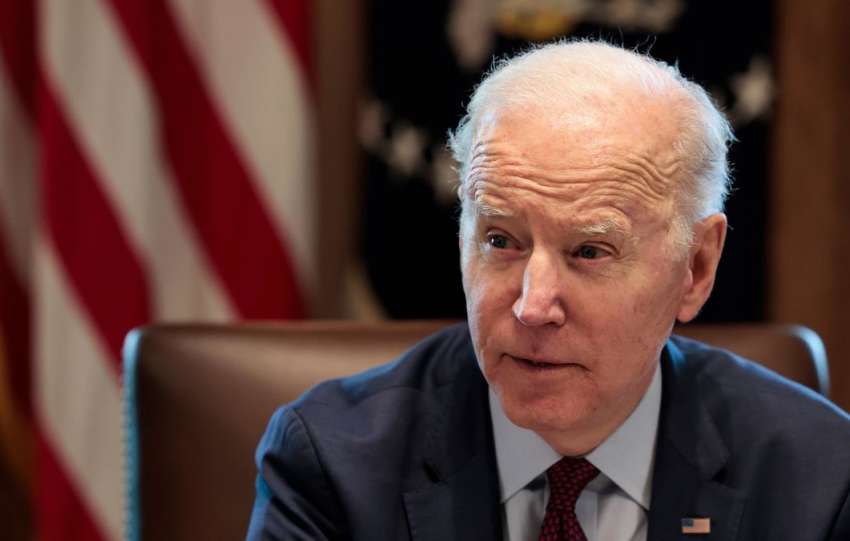After a record period in which mortgage rates fell to historic lows and house prices rose to new highs, the US housing market is finally slowing down. Home sales have declined for 12 consecutive months through January 2023, with home values appearing to have peaked.
While that sounds worrying, the adjustments are likely to be minimal, say economists and real estate analysts. Nobody expects prices to fall as much as they did during the Great Recession.

The real estate event lasted longer than expected. The National Association of Realtors reported that in the spring of 2022, the median price surpassed $400,000 for the first time in history. Even after a recent trend reversal, prices are up 28% since the coronavirus pandemic began in March 2020, according to NAR data.
A housing bubble, or real estate bubble, is a surge in property prices driven by demand, speculation, and lavish spending. Real estate bubbles typically begin with increased demand in the face of limited supply that takes a relatively long time to recover and develop. Speculators pump money into the market, further increasing demand. At some point, demand falls or stops and supply rises, causing prices to fall and the bubble to burst.
After two years of rapid home sales and rising home prices, the booming real estate market began to slow down last summer and is now in a sluggish phase, mainly due to a rise in mortgage rates. The uptrend in rate hikes started in March 2022 when the 30-year constant exceeded 4%. The 30-year fixed rate hit a 20-year high of 7% in October and has hovered around an average of 6% throughout 2023.
The last time the US housing market looked this buoyant was in 2005-2007. Then real estate values collapsed, with catastrophic consequences. When the real estate bubble burst, the global economy plunged into the worst crisis since the Great Depression.
Today, with the housing boom threatened by rising mortgage rates and a possible recession, homebuyers and homeowners are asking a familiar question: Is the housing market in danger of collapsing?
Real estate economists agree that prices could fall further, but the drop won’t be as sharp as it was for homeowners during the Great Recession. One obvious difference between now and then is that owners’ personal balance sheets are much stronger today than they were 15 years ago. The typical homeowner with a mortgage has excellent credit, plenty of equity, and a fixed-rate mortgage that is well under 5%. So there is no crisis of exclusion.
Economists have been predicting for months that the housing market will eventually cool off as property values fall victim to their own success. Home prices have risen much faster than incomes, limiting affordability, and mortgage rates have doubled since August 2021 before beginning a modest decline.
The rise in mortgage rates is partly due to the Federal Reserve’s efforts to curb inflation, which started rising in 2021 and has since hit a 40-year high. The Federal Reserve has hiked the federal funds rate — the rate at which custodial institutions like banks and credit unions settle federal money — 10 times since January 2022 to the most aggressive rate since the 1980s, despite the fact that the Fed reported it back in May, as we did know that short-term rate hikes will be halted in 2023, more rate hikes can be expected.
Despite the highest inflation the country has seen in 40 years, there is good news for the economy: a strong labor market with a nationwide unemployment rate near a very low level of around 3.5%, wages are up more than 5.1% and consumer spending is resilient.
However, many experts believe that the US economy could slip into recession in 2023. They, therefore, forecast that consumers will stop spending as companies scale back investment and cut employment.

Some economists expect a recession to be relatively mild compared to previous recessions. However, they assume that the real estate market will continue to suffer.
It should also be noted that the surge in the number of first-time homebuyers that has propelled the housing market in recent years is already declining. The National Association of Realtors (NAR) recently reported that first-time homebuyers accounted for just 28% of purchases in March 2023, down from 30% a year ago. A recession would likely spook potential first-time buyers even further, and business activity would continue to decline.






